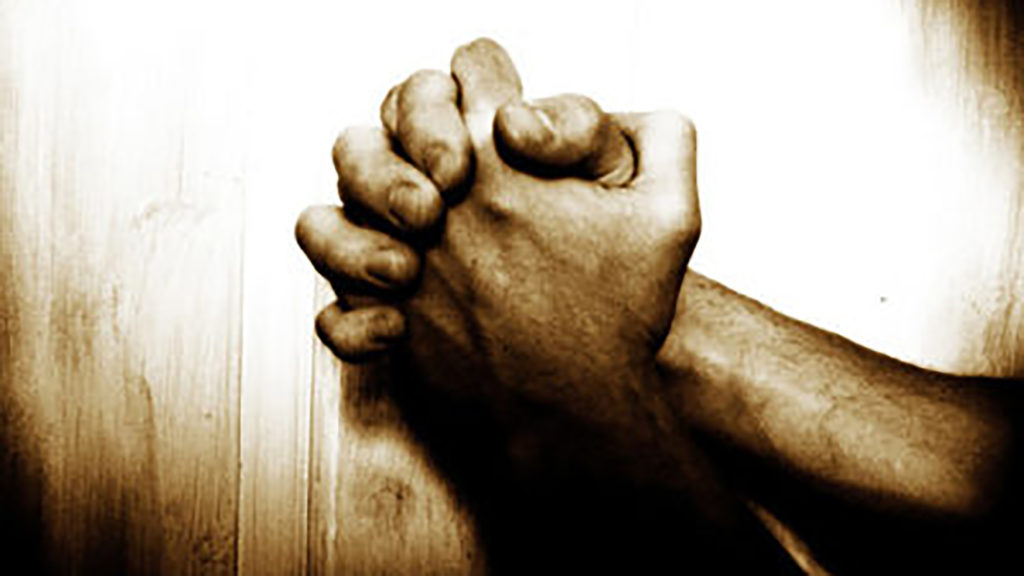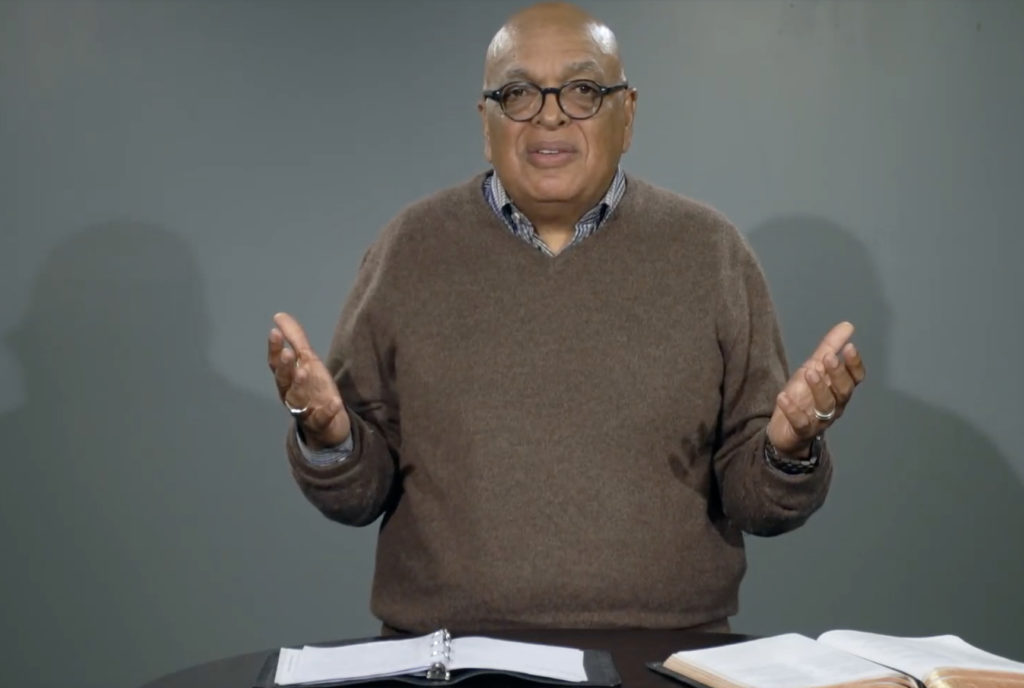After suffering coronary artery disease more than 20 years ago, a heart transplant gave Sam Fitts, pastor of First Baptist Church Tarrant, fresh energy for serving God. But with his heart for ministry still intact, Fitts may soon need a kidney transplant to keep up the good work.
Fitts began feeling the effects of heart disease in 1981 when he had his first bypass surgery. He was 39. “You don’t expect that kind of thing to happen.”
A heart attack followed two years later and another the year after that. He had a second bypass in 1984 and a third in 1985. He then suffered his third heart attack two years later. While he was in the intensive care unit he suffered a fourth attack. His heart was giving out.
By that time Fitts, who had been serving churches bivocationally since 1972, had spent most of the previous year in the hospital awaiting a heart transplant. “It’s really strange,” said Fitts, “even before the transplant I really wasn’t scared. I knew that I could die, but somehow that didn’t bother me. I just had a peace.” Fitts said that didn’t stem from being “a big strong Christian” but a supernatural grace bestowed upon him.
His biggest problem was the illness’ effect on his prayer life because Fitts didn’t know what to pray. For him to live meant someone else would die. “You’ve got to figure out what you’re praying for.”
On Nov. 21, 1988, Fitts received a heart transplant, becoming the recipient of an organ from a young man who died of a ruptured aneurysm. The surgery was an immediate success. Within 10 days Fitts was out of the hospital. In four months time he was roofing a house. In short order he also was fit enough to become the youth and education minister at North Highlands Baptist Church in Hueytown.
During the ordeal of awaiting a heart transplant, Fitts’ stated desire to see his grandsons and finish school captured the attention of Samford University. The provost wrote him and invited him to pursue his education. With a minister’s discount and vocational rehabilitation aid and a little help from medical clinic friends who rounded up the last $185 he needed to enroll, Fitts got his undergraduate degree, then his master’s from Beeson Divinity School. He is currently working on a doctorate from Southern Baptist Theological Seminary in Louisville, Ky.
Although heart disease had temporarily taken him out of the pulpit at times, it also has positively impacted his ministry, according to Fitts. He has a pastor friend who says he regularly uses Fitts’ experience as an illustration, making an analogy between a heart transplant and the spiritual transformation Christ performs in the human heart. Fitts, too, has found his experience has provided him more opportunities to share the gospel with others, especially when waiting in medical clinics.
Experiencing heart disease also means that he has greater compassion for the limitations that illness puts on others. Likewise, however, Fitts knows his extreme medical problems can be a drawback to genuine compassion because he understands how routine are many of the medical procedures that so frighten and upset others.
For example, people normally get anxious over an arteriogram. “I’ve had 80 of them. I try not to let them know that.” Usually, however, his experience with health problems has served to encourage others. “I guess I’ve always had a good positive attitude. At the clinic I tell them, ‘Don’t listen to the whiners.’ ”
The churches he has served have been understanding and made allowances for his medical history, according to Fitts. “The places that I’ve served have been very helpful.”
With a new heart in place, Fitts has even been able to expand his ministry through missions work. He’s served on a South Carolina Cherokee Indian reservation and helped with a project in Butte, Mont., as well as several state projects. In addition, he went to London for study at one point. “Just because we had a heart transplant we’re not limited.”
Yet health limitations have crept back into Fitts’ life. In 1998, after experiencing problems with his sinuses and ears, he had a pituitary brain tumor removed. It was benign.
About a year ago, however, he realized something else was going awry in his body. “I don’t have the energy that I feel like I should have.”
Tests revealed that the daily steroids he must take since his heart transplant have taken their toll on his kidneys, and he will need a kidney transplant. Not yet at the critical point where he is on a transplant list, Fitts has been advised to look for a donor. Neither Iris, his wife of 39 years, nor his son Michael is a match.
When Fitts was told he should consider a transplant “it kind of shocked me.” But God’s perfect peace prevails as doctors are working to piece together his health yet again. “Once again, like I was with my heart, I’ve turned it over to God, and I’m letting Him take care of me. I just have a peace that everything is going to work out fine.”
Testing to determine potential kidney donors for Sam Fitts is provided free at the University of Alabama-Birmingham kidney nephrology department. Interested persons may call Gwen Allen, kidney transplant coordinator, at 205-975-6366.





Share with others: